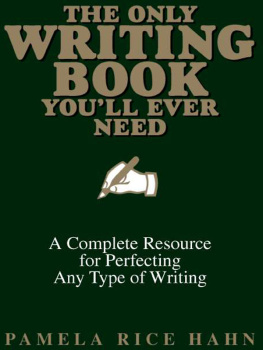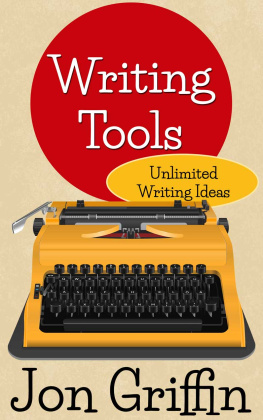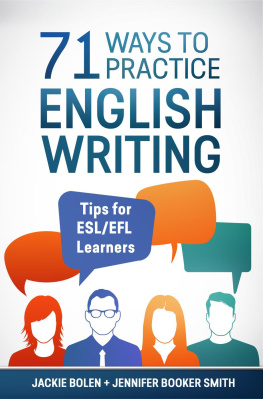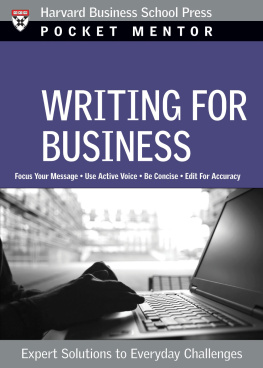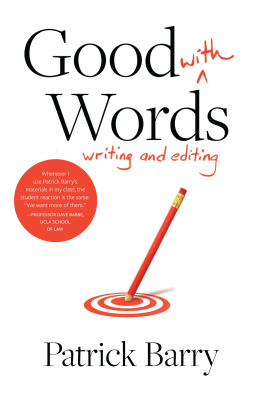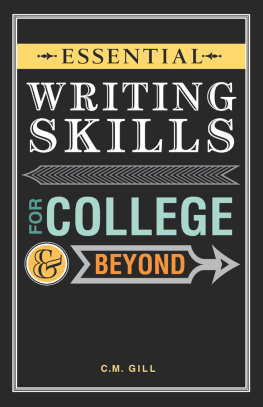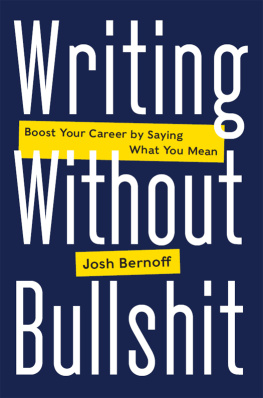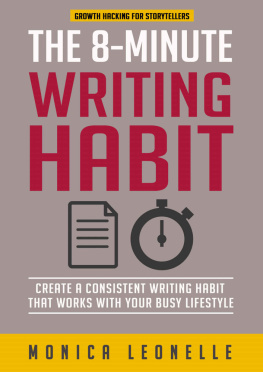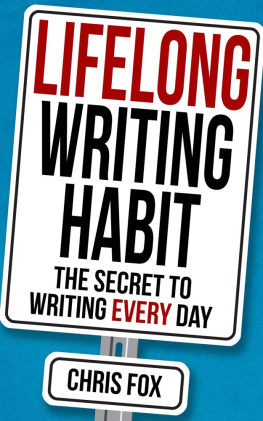You don't have to be [insane] to do this
but it helps.
moonsword27, National Novel Writing Month Forums, Oct 2009
The happiest accident that ever happened to me was the day I got the wrong order at Nielsons Frozen Custard. Normally, I would have returned to ask if I could get it fixed, but the long drive-thru line, packed interior, and proximity to closing convinced me my go-to hot fudge sundae wasnt worth it. So, I decided to live with it.
And oh boy Im glad I did.
The order I received was a Nielsons chocolate Concrete with mini peanut butter cups and smooth peanut butter swirl. The cold, creamy custard and crisp, candy crack zapped tingles from my tongue to brain at the first bite. Whoever invented this combo was a custard connoisseur, a visionary, a frozen dessert fiend!
Ive not gone back to my old order since.
My second happiest accident was almost as enigmatic. It was November 21, 2020 the day I realized I had completed National Novel Writing Month in eighteen days while learning to work from home, worrying about a surging pandemic, dealing with the loss of loved ones, managing friend and family relationships, and so much more. It was an all-around, much-needed success amidst a crappy time in history.
But looking back at the experience, I realized there wasnt as much accident to my win as I had thought there was. There was a method underneath that I had been developing over many, many years of participation. It only took a burst of success to see it.
National Novel Writing Month (aka NaNoWriMo) is one of my favorite writing challenges, but it can be incredibly difficult to finish. Every November, writers around the world choose to participate in a challenge to write a 50,000-word novel in only thirty days. This feat requires the participant to write a minimum of 1,666 words per day in order to cross the 50,000-word mark before midnight on November 30th and thus be considered a winner.
Out of the eight years Ive participated in the challenge so far, I have won six times. Each win (and loss) taught me something new and helped me refine a strategy that allows me to manage work, school, hobbies, family obligations, and other relationships, and still secure a win at the end of November. NaNoWriMo 2019 was particularly pivotal, as I discovered a strategy that allowed me to hit those 50,000 words in twenty-one days while balancing a full-time day job, two hours of commuting, family obligations, and active membership in two writing groups. Then, in that fateful November of 2020, that same strategy allowed me to finish in a record eighteen days while still juggling a job, family and friend relationships, writing groups, and self-care to combat the mental and emotional effects of the pandemic.
Now, dont panic. I know that writing 50,000 words in thirty days sounds nearly impossible and extremely daunting. And if youre anything like me, you absolutely DO NOT have the time. As writers, we are painfully familiar with balancing the oppressive weight of deadlines and with the behemoth of work that already hangs over us. It seems impossible to cram in words as it is with work, school, family, extracurricular activities, and any number of other obligationsour time is too often booked to the gills.
But I have good news.
We have more time than we think.
Time management expert Laura Vanderkam said in her October 2016 TED talk that, Time is highly elastic. We cannot make more time, but time will stretch to accommodate what we choose to put into it.
Winning challenges like National Novel Writing Month isnt just about writing as many words as you possibly can. Its about planning how you are going to fit those words into your schedule. As Vanderkam asserts, your time will expand to fit what you choose to put into it, and as long as you are intentional about when you get your writing done, the rest of your obligations will fall into place, even if you are incredibly busy. I want to show you how to reverse engineer your time so you can win National Novel Writing Month and similar events with the time you have by using time blocking, accountability, catch-up strategies, and realistic expectations, goals, and boundaries.
I understand that everyones circumstances are different and not everyone has an interest in competing in writing challenges. However, I believe these tools can be applied across the board, no matter the project. Because I developed these strategies over the course of National Novel Writing Month, I will be teaching in terms of the competition, but feel free to apply them to your own situation as you see fit.
Time is what we want most, but what, alas! we use worst.
William Penn, Fruits of Solitude, 1682
H ave you ever wanted something so bad, you didnt care what consequences you reaped while chasing it? You know, the kind of bad where you let bridges burn, grades slip, and stayed up so late you went about your day in a haze?
Its a special kind of drive for sure (the masochistic kind, to be honest), but this was how badly I wanted to win National Novel Writing Month in 2012. Up to that point, I had participated in the challenge twice, once unofficially and once officially. I failed miserably both times. But, like a lot of us who want to be writers when we grow up, Id been dreaming of finishing my first full manuscript since I was a child.
This time, I was determined to do it.
I prepared by spreading the news. My family was a little skeptical, but mainly because they had watched me squirrel from idea to idea without finishing anything for years. But they didnt push back or express non-support. Telling my creative writing professor, however, was a different story.
I distinctly remember telling her I planned to write a novel in a month, and she looked at me like I was crazy. She didnt think I could do it and was worried about the impact it would have on my classes if I tried. But I shrugged and told her I was determined. The conversation left very much on a Okay, prove me wrong note, but I didnt care. I was going to win.
At the beginning of the challenge, I did fairly well. I got close to the daily word counts, writing more words in a day than I had ever before. I kept pushing just a little harder until I finally hit the cumulative word count needed on day six. In the background, I managed to stay on top of my assignments and enjoy the process of strengthening my writing muscle.
I remained either a little ahead or right on target for the next three days and then week two struck like a viper.


